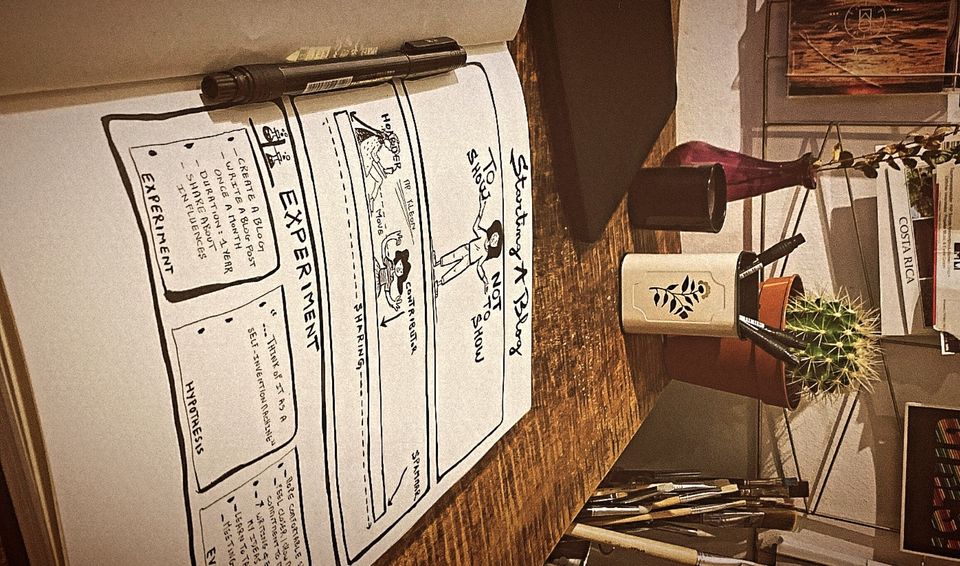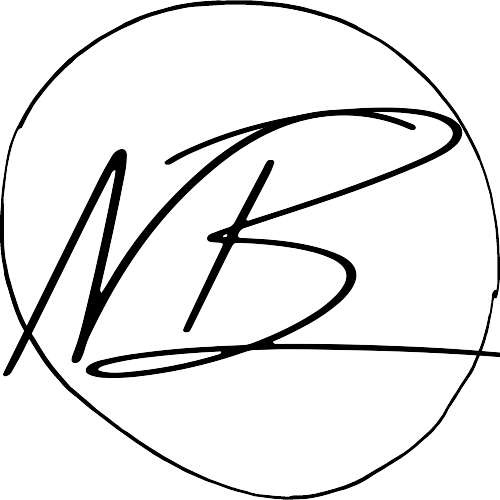Starting a blog website

Sharing or not sharing
Interested in human behaviour, I have always been captivated by how personality traits can be a factor leading to the use of social media platforms. There is, indeed a large body of research suggesting that extraversion and openness to experiences are positively correlated to the use of social media while neuroticism is a negative predictor [1]. I think nowadays most people use social media, however, for different purposes. Some seek social interaction and entertainment; others use it to express opinions, share information and/or self-promote, and some may use it to get information about others. I am on receiving rather than the participatory end of the equation when it comes to social media use. I mainly use it to get information and overall don't see much value in using it for self-promotion. Well, this is about to change soon!
Last year, I came across a YouTube video by Ali Abdaal called 3 Books that Changed my Life. Curious, I checked the video, and one of the books he suggested is "Show Your Work" by Austin Kleon, who I know from the book "Steal Like An Artist". So, I checked the book on GoodReads, and I found this summary: "A book for people who hate the very idea of self-promotion". The book is obviously made for me, without thinking twice, I decided to get the book, keep an open mind, and see for myself what Mr Kleon has to say.
Reading Show Your Work by Austin Kleon
I read the book "Show Your Work" in mid-2021 and reread it again in early January 2022. These are my key learnings and takeaways:
- Sharing your work on the Internet could be an excellent alternative to networking "Instead of networking, taking advantage of the network". This is especially appealing to me because I am not a fan of networking for the sake of it. I believe in building genuine and mutual relationships.
- As I mentioned earlier, I am sceptical about self-promotion. The book suggests showing your work is about sharing rather than promoting. The results might look the same; however, the mindset shift and the intention make it more appealing to me, at least. I am an avid consumer of YouTube videos and blogs about individuals sharing their experiences, interests, and knowledge. So, I appreciate people sharing their stories and work, and in many cases, I respect and take notice of their expertise. What I am trying to say is that the self-promotion is backed up with a demonstration of their know-how rather than empty self-promotion messages.
- You don't always need to share original work. Sharing experiences and interests could be as valuable and also more manageable, "your influences are all worth sharing because they clue people in to who you are and what you do - sometimes- even more than your work".
- Meet peers -like-minded people- is yet another great benefit of sharing your work. This is especially helpful during these COVID times, where meeting people face-to-face is more difficult.
- Learn to receive feedback and criticism, be it constructive or not, is- in my opinion- an intimidating thing that we all -or at least I- should learn. It helps you be more resilient and audacious while learning the skill of filtering criticism (what is useful and what is not) and separating yourself from your work.
After some reflection, I decided to engage in the experiment of starting a blog website for one year and see for myself and based on hands-on experience the benefits, the challenges, and the commitment required of sharing work and blogging in general.
The experiment
For the year 2022, I decided to start an experiment/a new project, so I loosely defined an experiment protocol as follow:
Experiment
Goal: write one blog post every month.
Duration: 12 months.
Topics: writing about influences, hobbies, and interesting technologies.
Hypothesis
Writing blogs will help me re-invent myself, learn/investigate new topics, and meet interesting like-minded people.
...Think of it as a self-invention machine.
Evaluation criteria
Method: qualitative, meaning by the end of the year, I will assess my experience based on the following criteria:
- More comfortable sharing.
- More commitment to my hobbies.
- Improve skills in writing and expressing ideas.
- Learn to take a punch.
- Meet at least one interesting person.
If you are a sceptic like me, I encourage you to follow this little journey and see what we will learn.
